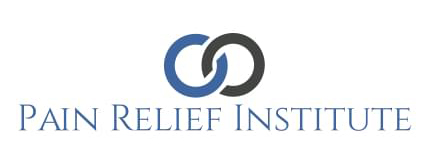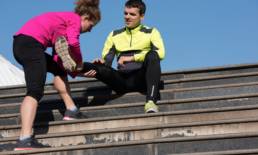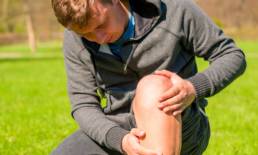Traditional Treatments
-
Epidural Injection
-
Facet Injection
-
Medication
-
Radiofrequency Ablation
-
Surgery
-
Spinal Cord Stimulator

Cutting Edge Treatments
-
HILT Laser Therapy
-
MLS Laser Therapy
PREMIER TREATMENT FOR YOUR HERNIATED DISC
As an alternative to traditional steroid treatments, our team is actively researching new non-pharmaceutical approaches that are non-surgical and minimally invasive.
Pain Relief Institute is the premier destination in Chicago and the Midwest for innovative treatment of Herniated Disc. PRI treats athletes, weekend warriors and active seniors who are not interested in simply masking their discomfort with medications or temporary relief from cortisone injections and are looking to avoid surgery.
We specialize in non-surgical and minimally invasive treatment approaches. With years of experience researching and performing cutting-edge techniques, few physicians have more to offer than the Specialists at Pain Relief Institute.
Diagnosis
To determine if your symptoms are caused by a herniated disc, our physician will begin with a full physical examination. We’ll talk to you about the symptoms you are experiencing, and we’ll evaluate your back for pain and tender areas. From there, we will have you lie down on your back and move your legs to different positions, which can provide insight into exactly what’s causing your pain.
Frequently we may order an X-ray or MRI to confirm the location of the herniated disc and obtain a baseline image before treatments, as well as to identify which nerves are involved and monitor progress and healing after treatments.
What Causes Disc Herniation
Many people have no symptoms from a herniated disc. When diagnosed early surgery is usually not necessary to relieve the problem. A herniated disc can occur in any part of your spine, from your neck to your lower back. The lower back is one of the more common areas for a herniated discs. Your spinal column is an intricate network of nerves and blood vessels. A herniated disc can place extra pressure on the nerves and muscles around it.
Disc herniation is most often the result of a gradual, aging-related wear and tear called disc degeneration. As you age, your discs become less flexible and more prone to tearing or rupturing with even a minor strain or twist. Most people can’t pinpoint the cause of their herniated disc.
Risk factors are:
GENETIC FACTORS
WEIGHT
OCCUPATION
SMOKING

Symptoms
Most herniated discs occur in the lower back, although they can also occur in the neck. Signs and symptoms depend on where the disc is situated and whether the disk is pressing on a nerve. They usually affect one side of the body.
Arm or leg pain. If your herniated disc is in your lower back, you'll typically feel the most pain in your buttocks, thigh and calf. You might have pain in part of the foot, as well. If your herniated disc is in your neck, you'll typically feel the most pain in your shoulder and arm. This pain might shoot into your arm or leg when you cough, sneeze or move into certain positions. Pain is often described as sharp or burning.
Numbness or tingling. People who have a herniated disc often have radiating numbness or tingling in the body part served by the affected nerves.
Weakness. Muscles served by the affected nerves tend to weaken. This can cause you to stumble, or affect your ability to lift or hold items.
You can have a herniated disc without symptoms. You might not know you have it unless it shows up on a spinal image.





